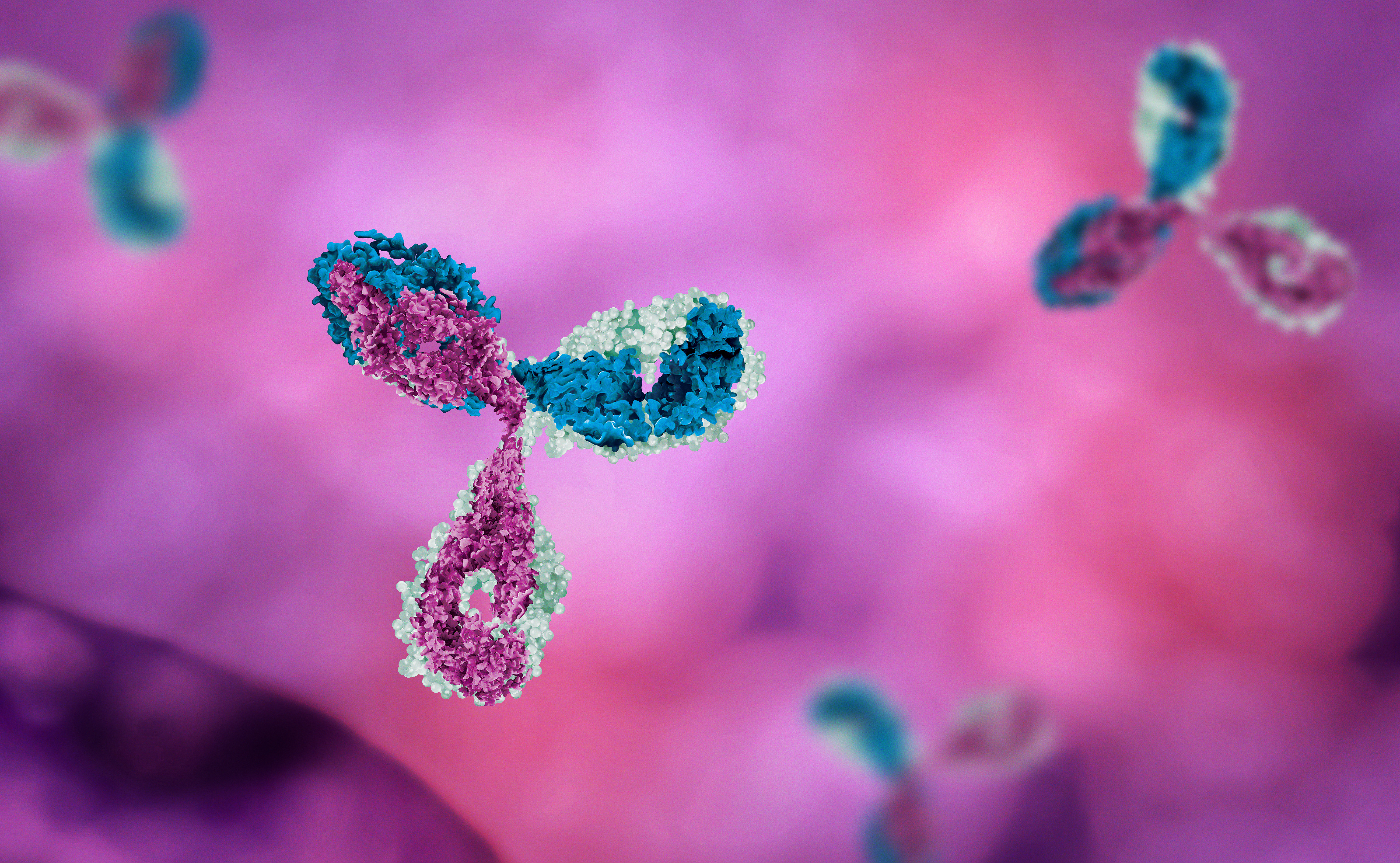
As we move into 2024, the agricultural sector is being driven by the urgent need to address global challenges such as climate change, resource scarcity, and the demand to feeding a growing global population. In addition to focusing on what we eat (such as new sustainable sources of protein), sustainability has become a paramount consideration in agriculture, with an increasing focus on regenerative farming practices, agroecology, and circular economies.
Technology is playing a pivotal role in shaping the future agricultural landscape. Precision farming, powered by artificial intelligence, drones, and sensor technologies has the potential to allow farmers to optimize resource use, monitor crop health, and enhance overall efficiency. This can be combined with unconventional agriculture such as vertical farming, in which crops are cultivated in vertically stacked layers or towers, often within controlled indoor environments and utilising technologies such as hydroponics and LED lighting.
In recent years, attention has shifted to identifying sustainable and peat-free plant growth substrates, such as coco coir. Hydrogels have also emerged as innovative growth substrates for use in unconventional agriculture, with significant potential for promoting sustainable plant growth. Hydrogels have unique properties that make them particularly valuable in addressing challenges related to water scarcity, soil degradation, and the need for efficient nutrient delivery in modern agriculture.
Hydrogels have even shown potential by improving plant growth in Mars soil analogues!
What are hydrogels?
Hydrogels are three-dimensional, water-absorbing polymers with a gel-like consistency.
They are composed of cross-linked polymer chains that create a network structure that has the ability to absorb and retain large amounts of water. This ability to absorb and release water in a controlled manner is especially beneficial for controlled-environment agriculture, as it helps to maintain optimal soil moisture levels and prevents water wastage.
Hydrogels can also be engineered to incorporate essential nutrients, promoting a more efficient and targeted delivery system for plants. This could help to address the challenge of nutrient leaching and enhance nutrient availability to plant roots, leading to improved growth, yield, and overall crop productivity.
Furthermore, hydrogels can enhance soil structure and help prevent erosion. Their use can contribute to mitigating the adverse effects of soil degradation, which is a global concern affecting agricultural productivity.
Hydrogels have promising potential to be biocompatible, meaning they are generally safe for use in biological systems, including agricultural (and medical) applications. For example, highly pure Alginate hydrogels (which are produced from a polymer naturally occurring in brown seaweed) have shown good biocompatibility, and are being investigated for use in several applications such as wound healing and tissue engineering.
Some thin hydrogel films have been shown to exhibit responsiveness to environmental stimuli such as temperature, pH, or ion concentration. Responsive polymer systems have potential as sensors, for example allowing for controlled release of substances.
Some exciting companies are developing hydrogels and exploring their use in vertical farming.
GelPonics is a range of graphene-based hydrogel formulations that can be used as a replacement for traditionally used stone wool, peat and coir. The GelPonics project is a collaboration between start-up AEH Innovative Hydrogel and CHAP Solutions, which secured over £1Million Innovate UK funding to develop smart hydrogels containing graphene-based sensors for precision control of vertical farms.
GelPonics products use a patented composition that is mainly based on cellulose materials, meaning that it is compostable and has a low-carbon footprint. They have also developed the substrate into sheets, plugs, polymerized powder, and granules, therefore having export potential to countries with water scarcity.
Another company with an interest in hydrogels is Carbon Neutral AG Sciences who manufacture a polymer called BountiGel® that they say can hold 250 times its weight in water and can be used as an agricultural soil amendment. A pilot program in 2013 resulted in an average yield improvement of 18% across a variety of crops and soil types, and a 50% yield increase for fresh tomato.
As researchers and practitioners continue to explore and refine the application of hydrogels, these materials hold great promise in revolutionizing the way we cultivate crops. It will be exciting to see their contribution towards making agriculture more resilient, resource-efficient, and environmentally sustainable.
Sarah is an associate patent attorney working as part of our life sciences team. She has a degree in Biological Sciences from Oxford University. She completed her PhD at Warwick University in plant pathology looking at how pathogen effectors manipulate the plant immune response. Sarah then worked as a post-doc in the Centre for Novel Agricultural Products at York University on plant responses to biotic stress.
Email: sarah.harvey@mewburn.com
Sign up to our newsletter: Forward - news, insights and features
Our people
Our IP specialists work at all stage of the IP life cycle and provide strategic advice about patent, trade mark and registered designs, as well as any IP-related disputes and legal and commercial requirements.
Our peopleContact Us
We have an easily-accessible office in central London, as well as a number of regional offices throughout the UK and an office in Munich, Germany. We’d love to hear from you, so please get in touch.
Get in touch

